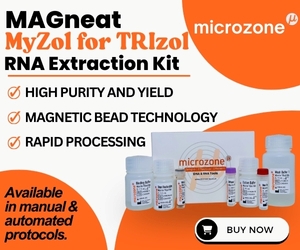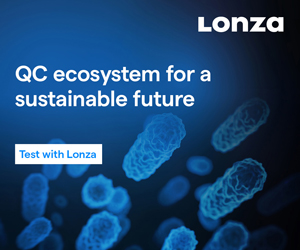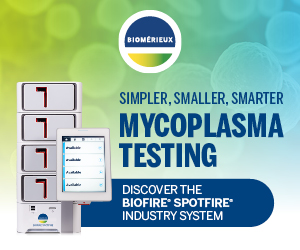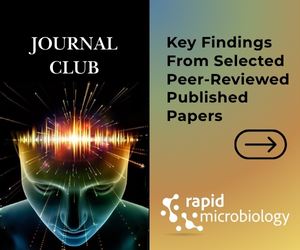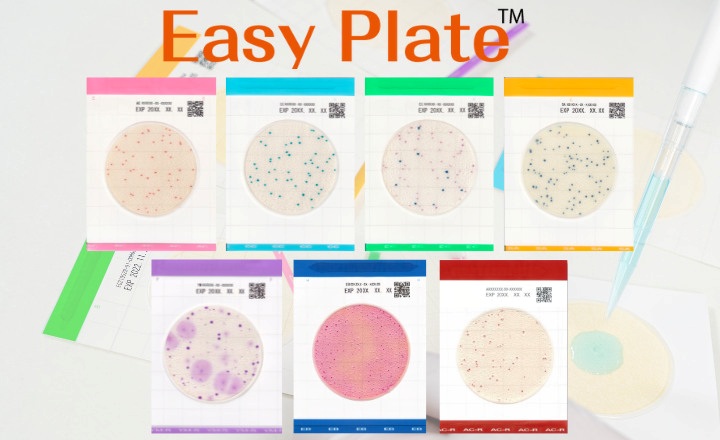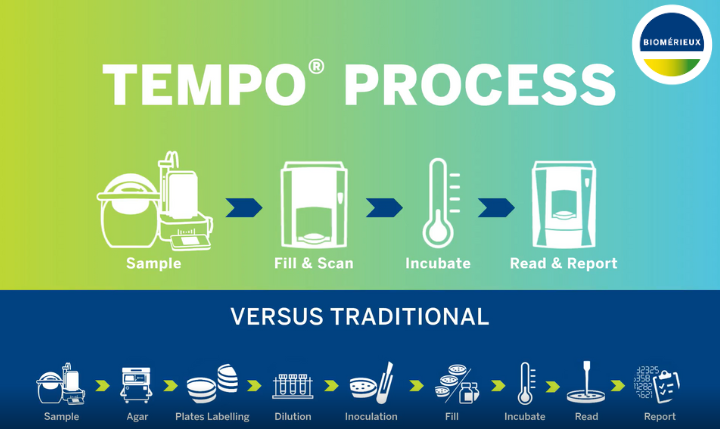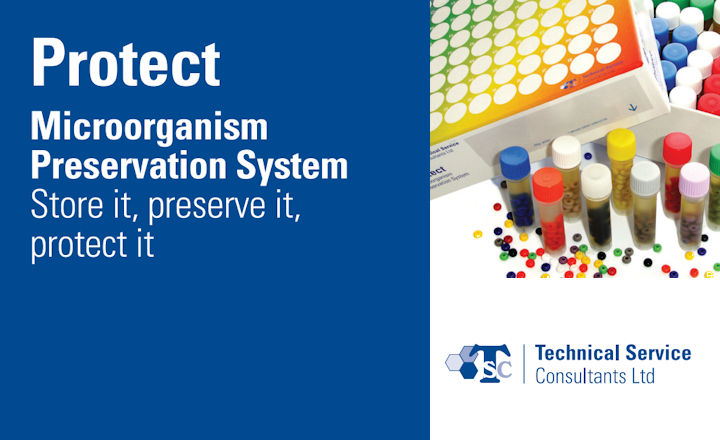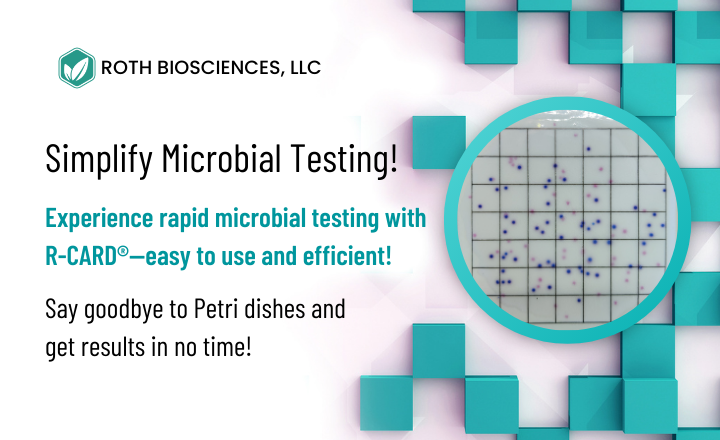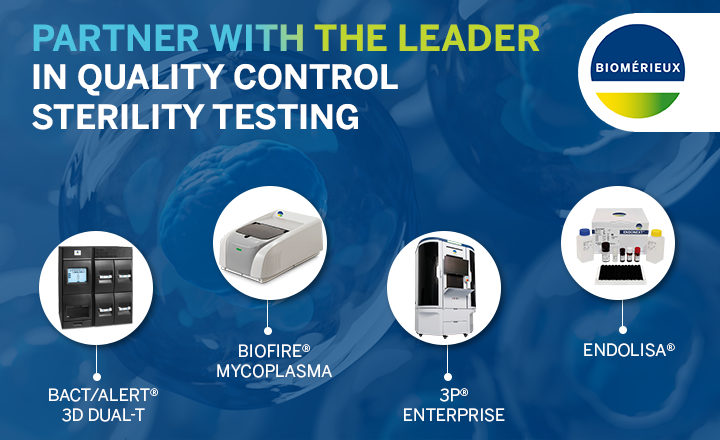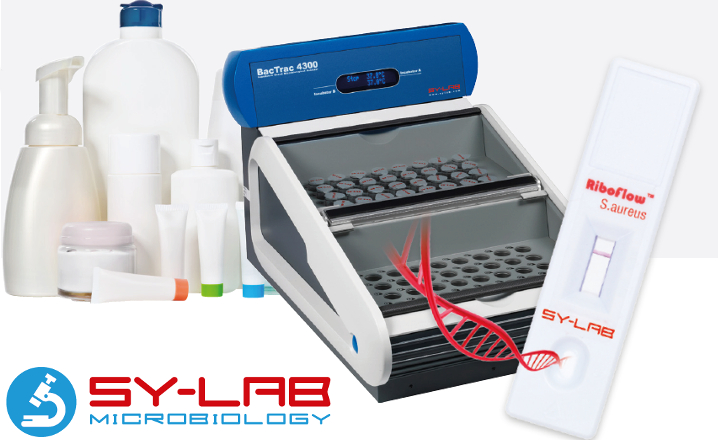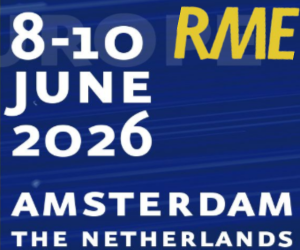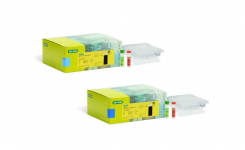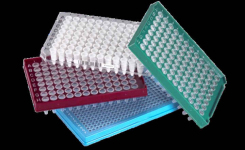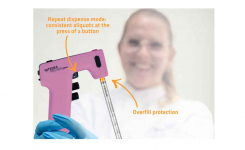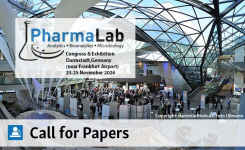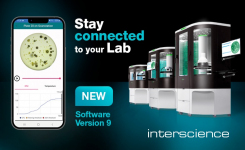"Like our Reveal Q+ tests for aflatoxin and DON, Reveal Q+ for Zearalenone is the easiest test available for rapid, fully quantitative test results," said Neogen´s Ed Bradley, vice president of Food Safety. "This innovative technology yields more accurate and reproducible results than other testing methods for zearalenone. The new Reveal Q+ products add to Neogen´s unmatched range of simple and accurate lateral flow, microwell, and immunoaffinity column mycotoxin testing options – all of which are backed by the best technical and R&D support in the industry."
After only 6 minutes, Reveal Q+ for Zearalenone delivers precise results ranging from 50 to 1200 parts per billion (ppb) of zearalenone in corn and wheat. Reveal Q+ test strips are read in Neogen´s AccuScan® III lateral flow test reader to deliver the precision of more demanding test methods.
"Livestock producers are becoming increasingly aware of zearalenone problems, and have looked for ways to reduce risks related to contaminated feed," Bradley said. "The best protection against mycotoxins is monitoring for their presence in feeds and foods. That means testing along the pathway from initial harvest of grains to the finished products."
Reveal Q+ for Zearalenone offers both room temperature incubation of the test strip and storage of the test kit – eliminating the need for an incubator and refrigeration space. The test requires only minimal equipment to achieve precise results and uses a simple, low cost ethanol extraction process. Ethanol is the preferred extraction solvent of many major grain handlers.


